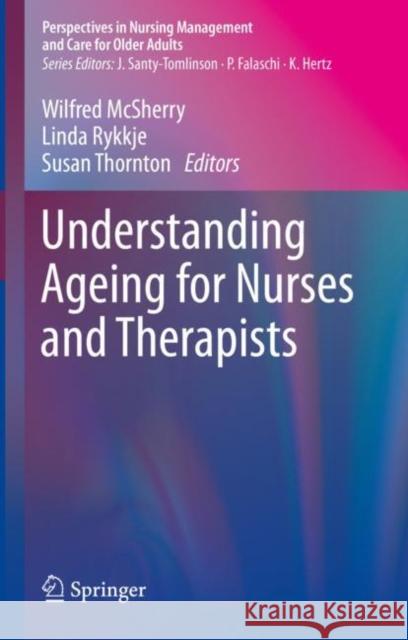Understanding Ageing for Nurses and Therapists » książka
topmenu
Understanding Ageing for Nurses and Therapists
ISBN-13: 9783030400743 / Angielski / Miękka / 2021 / 198 str.
Kategorie BISAC:
Wydawca:
Springer
Seria wydawnicza:
Język:
Angielski
ISBN-13:
9783030400743
Rok wydania:
2021
Wydanie:
2021
Numer serii:
000825501
Ilość stron:
198
Waga:
0.36 kg
Wymiary:
23.37 x 19.56 x 1.02
Oprawa:
Miękka
Wolumenów:
01











